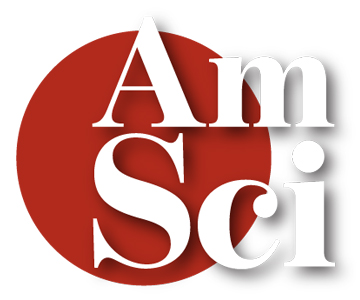Magazine
September-October 2003

September-October 2003
Volume: 91 Number: 5
The decommissioning of the Maine Yankee nuclear power plant has required the disposal of many large components, including the inner shroud of the reactor vessel, shown here. Submerged in water, the radioactive shroud produces an eerie glow as the result of Cherenkov radiation. Other waste from the plant includes the spent fuel generated over its 24 years of operation. As with all commercial nuclear plants, this spent fuel contains plutonium, which can be used to fabricate nuclear weapons. In "Thorium Fuel for Nuclear Energy," Mujid S. Kazimi discusses how the use of thorium-based fuels could help prevent the diversion of spent-fuel plutonium to bomb-making. (Courtesy of the Maine Yankee Atomic Power Company and Framatome ANP.)
In This Issue
- Agriculture
- Astronomy
- Biology
- Chemistry
- Communications
- Computer
- Engineering
- Environment
- Evolution
- Mathematics
- Physics
- Policy
- Psychology
- Sociology
The Useful Pursuit of Shadows
Graeme Stephens
Physics
The study of clouds has profoundly influenced science and human culture and stands poised to lead climate science forward again
Thorium Fuel for Nuclear Energy
Mujid Kazimi
Physics
An unconventional tactic might one day ease concerns that spent fuel could be used to make a bomb
Discovering the Edge of the Solar System
Chadwick Trujillo
Astronomy
Recent discoveries suggest that planets larger than Pluto may exist in the outer reaches of our solar system
The Sweet Science of Glycobiology
Ram Sasisekharan, James Myette
Biology Chemistry
Complex carbohydrates, molecules that are particularly important for communication among cells, are coming under systematic study
